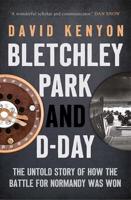Publisher's Synopsis
Despite the German Panzerwaffe's ability to engage its foes rapidly with concentrated force, additional fire power was often required to break through enemy lines. Initially this was with towed artillery but, as the war developed, converting tanks into fast-moving self-propelled artillery carrying vehicles proved far more effective. As a result a number of weapon systems came into service including the Pz.Kpfw.I and II. Other conversions followed including the Pz.Kpfw.II Wespe with its 10.5cm gun, the Pz.Kpfw.III/IV Hummel armed with a 15cm howitzer, the Sturmpanzer Brummbar with its powerful 15cm gun and the Grille series based on the Czech Pz.Kpfw 38(t) tank chassis. These and other armoured vehicles were capable of providing both close firesupport for infantry and acting as anti-tank weapons. This highly illustrated book describes the key role played by German self-propelled artillery from its introduction in 1940 in France, to North Africa, Italy, Russia and North-West Europe. It analyses the development of the numerous variants that came into service as these formidable weapon systems were adapted and up-gunned to face the ever-increasing enemy threat. With rare and often published photographs this book provides a unique insight into German self-propelled artillery from its early triumphant war years to final defeat in 1945.











